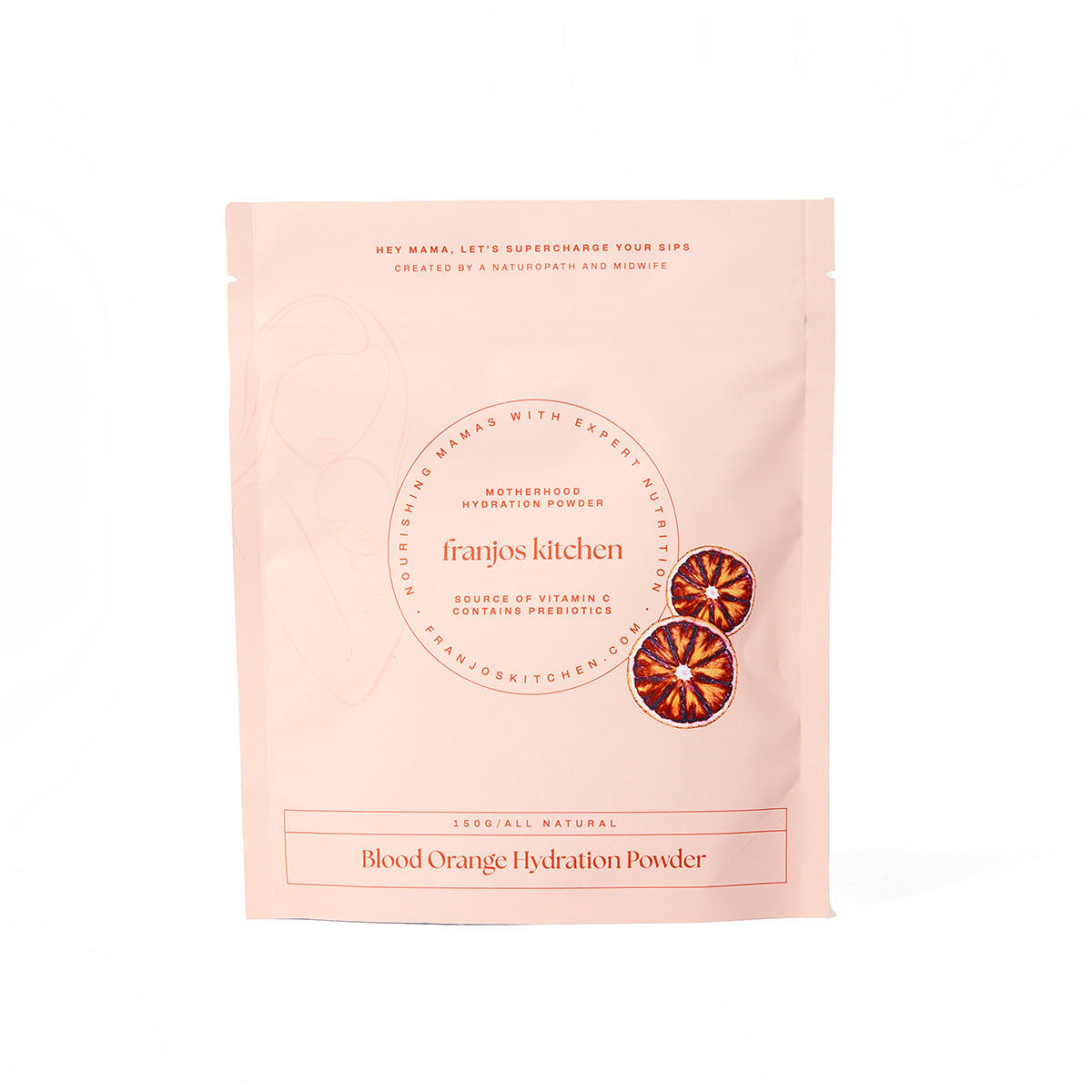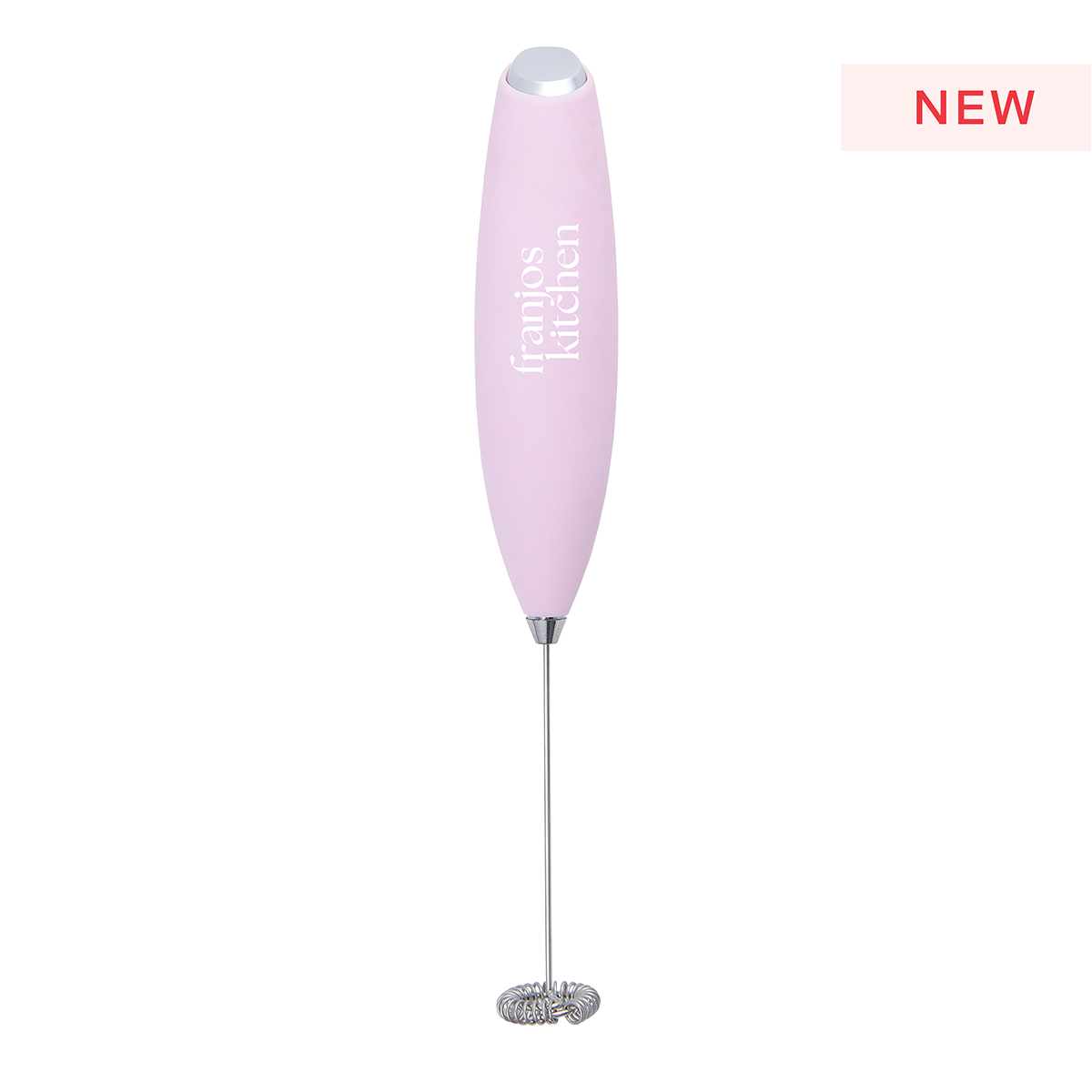Top Tips for Preconception
Formation of sperm can take up to 116 days and ova are susceptible to damage for about 100 days before ovulation, so ideally both partners should be thinking about pre-conception health care for around four months prior to conception. Infertility is shared equally among men and women, so pre-conception care is not just something for women to think about.
Here are my top tips to consider to get your bodies ready to make a baby:
1. Quality all round wholefood diet – carbohydrates, protein and fats.
- PROTEIN: Essential for the number and quality of eggs produced, healthy sperm, the fertilisation process and the early development of the embryo. Legumes/Pulses: eat plenty of split peas, lentils, chickpeas, beans (kidney, borlotti, etc), nuts and seeds, tofu, tempeh, keep animal products to a minimum if you can and pick only organic. Remove or limit cow dairy and red meat. Smaller fish such as sardines are better (less mercury) than larger fish such as tuna and mackerel.
- CARBS: Essential for energy production, health of eggs and sperm and proper functioning of the digestive system: The majority of your diet should be vegetables and fruits, the majority of these are carbohydrate rich. For extra sustaining energy think sweet potatoes, white potatoes, pumpkin, carrots etc, plus also grains such as wholegrain bread/rice/pasta and organic where possible. Quinoa, buckwheat, millet, kamut, barley, amaranth, oat, rye, spelt, black rice, red rice, teff, corn and wheat. Avoid refined flour products (this includes rice cakes and rice crackers!) and read bread packets carefully to avoid those containing additives and preservatives. Try sprouted grains too.
- FATS: The fat-soluble vitamins A, D and E which are important for your health and the development of your baby. They are also a source of the essential fatty acids (EFAs) crucial for the production of healthy prostaglandins, precursors of hormonal balance, as well as healthy eggs and sperm. Think of getting your fats from whole sources such as nuts and seeds and olives. Do not go overboard with actual ‘oil’ but when you do choose extra virgin olive oil, flaxseed oil, hemp oil and chia seed oil. Be sure not to cook with the latter, only cook with olive oil and not on a high heat.
2.) ORGANIC and biodynamic is best! If there’s ever a time that you’re going to take this on board and prioritise your food budget a little more to buy top quality produce, this is the time. The less contamination from chemicals in your body, the better. These can affect eggs and sperm and compromise nutritional status.
3.) AVOID as much as possible: Xenoestrogens (found in heated plastic such as water bottles and cling wrap, tupperware containers), exposure to toxic metals (lead, mercury, cadmium, aluminium), chemicals (oven cleaners, pesticides, furniture polish, carpet cleaners), radiation (X-rays, microwaves, mobile phones), alcohol, sugar, refined and processed foods, saturated or hydrogenated fats or oils and trans fatty acids, caffeine, and cigarettes.
4.) SLOW change is better than no change: Don’t feel overwhelmed by the list of dos and don’ts - doing something is definitely better than doing nothing at all! Start with the basics, do one thing at a time and set realistic goals.
5.) SUPPLEMENT where necessary. Many people would benefit from a preconception supplement and possibly other supplements tailored to their needs. It would be nice to think we could get all our nutrients from our foods, unfortunately, this is not often the case. The reality is that many of our foods are robbed of their nutrients through chemical-laden growing methods, toxic environments, lengthy transit times, long shelf life etc.
6.) HERBS: In addition to nutritionals, herbal medicine may be indicated to achieve some of the following therapeutic aims e.g. balance hormones (increase/decrease oestrogen, progesterone, testosterone, prolactin etc.), improve uterine tone, assist liver clearance, nurture the nervous system, improve sperm morphology, motility and count and protect against miscarriage. Each couple will receive individual unique support.
7.) TESTING: Diagnostic tests performed at our clinic and by your GP help us to get a clear picture of where your health is at. Not all tests are necessary for all people but we can advise you as to what is recommended given your history.
8.) CORRECT BODY WEIGHT: This is really important for correct hormonal balance. Being underweight or overweight affects your ability to conceive and carry a healthy baby. This is something we can certainly help you with.
9.) Work on your digestion. Many of us tend to have poor functioning digestive systems. Be sure to get on top of this and work with a practitioner to help you out.
10.) REDUCE YOUR STRESS – this should be number 1 actually! I think many underestimate the impact of the nervous system and how it can negatively impact hormones.
11.) KEY NUTRIENTS for preconception and their food sources… there are certainly more, but some good ones to keep in mind are:
| Nutrient | Function | Food Source |
| Calcium |
Proper dental and skeletal development in the embryo and for the formation of muscle and nerve tissue. Female: necessary for the formation of fertile or ‘stretchy’ mucus and can improve the ability of the sperm to swim through it. |
Nuts (especially brazil nuts, walnuts and almonds), sunflower and sesame seeds, tahini, sardines and salmon with bones, dark green leafy vegetables, dairy, wheat germ. |
| Zinc |
Male: For adequate testosterone levels and sperm counts. Commonly a deficiency in smokers due the cadmium. Female: promoting proper cell division, a process critical to the earliest stages of conception and foetal development. |
Pecans, brazil nuts, hazelnuts, walnuts, almonds, whole wheat, rye, oats, dried split peas, lima beans, sardines and anchovies, fresh oysters |
| Selenium |
Male: plays a critical role in the male reproductive system. Almost half of the male body's supply of selenium is concentrated in the testicles and the seminal ducts adjacent to the prostate gland. It is needed for both testosterone and sperm production. Deficiency is associated with decreased testosterone, weakened or deformed sperm tails and, consequently, sperm immobility. |
Garlic, onions, brazil nuts, wheat germ, whole-wheat bread, brown rice, bran, barley, oats |
| Vitamin C |
Male: Vitamin C decreases sperm abnormalities and increases sperm number and quality. Ascorbic acid levels are much higher in seminal fluid than in other body fluids (including the blood), protecting the sperm's genetic material (DNA) from damage. Female: Vit C (ascorbic acid) accumulates in the ovaries, exerting a powerful antioxidant effect to protect gametes from free radical damage. |
Red and green capsicum, spinach, parsley, Brussels sprouts, broccoli, watercress, cauliflower, red cabbage, berries, cherries, papaya, grapes, rose hips, kiwi fruit and citrus fruits. |
| Vitamin E |
Male: the main antioxidant in cell membranes, including sperm membranes and plays a critical role in sperm health, inhibiting free radical damage to the unsaturated fatty acids of the sperm membrane. Female: vitamin E helps normalise hormone production by rejuvenating the endocrine system, enriches the fluid which surrounds and nourishes the eggs and helps to regulate the production of cervical mucous. |
Whole grains, avocado, oatmeal, brown rice, wheat germ and oil, almonds, sesame oil, olive, safflower and soy bean oils, spinach, sunflower seeds and oil. |
|
Folate (folic acid) |
Particularly important for DNA synthesis and cell division in the epithelial cells of the uterine cervix and vagina. Folate deficiency during pregnancy is associated with neural tube defects such as spina bifida. It is essential that folate be supplied for at least 3 months pre-conception as the neural tube closes within 28 days of pregnancy. At least 500mcg/day is recommended. |
Broccoli, spinach, kale, asparagus, berries, whole wheat, lentils, beans (mung, lima, navy, kidney, soy), black eye and split peas, lentils. |



